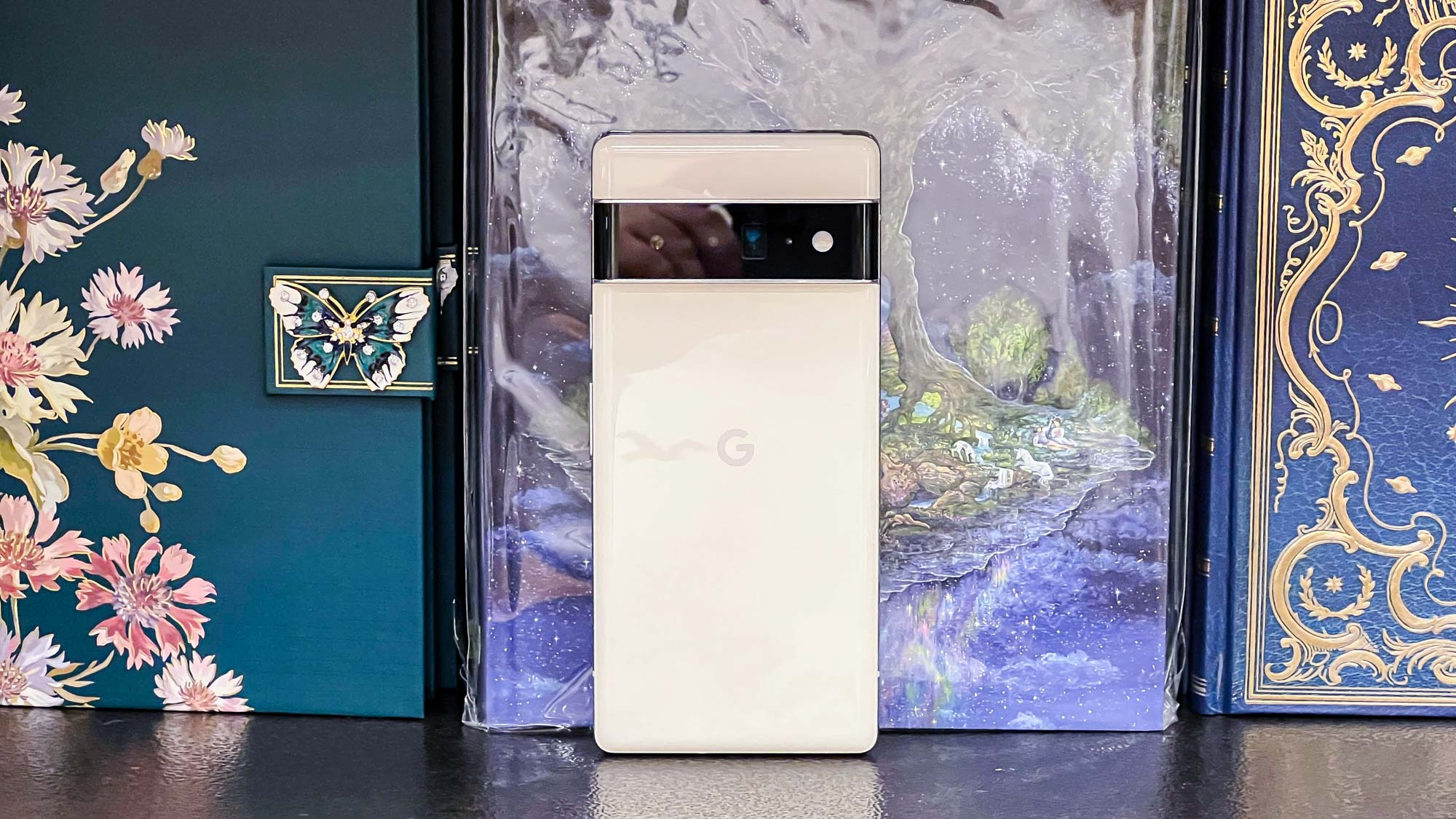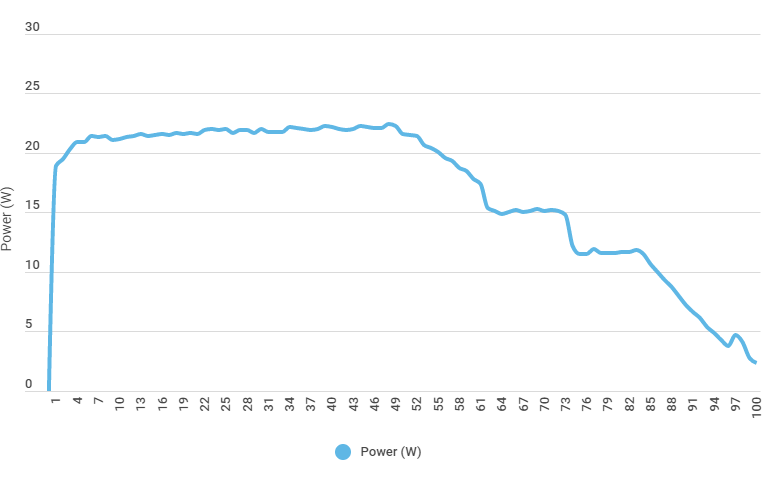The Google Pixel 6 doesn’t charge at 30W speeds after all
Tests find Pixel 6 charges only slightly faster than previous generations.

Update: Google has officially admitted that the Pixel 6 series doesn't charge at 30W speeds after all. In fact the Pixel 6 has a maximum power draw of 21W, only 3W above the Pixel 5, while the Pixel 6 Pro offers up to 23W.
The Pixel 6’s improved charging speed was an upgrade we were looking forward to, but it turns out it’s not all it’s cracked up to be.
While Google marketing and the official support page implies (though doesn’t explicitly state) that the phones support 30W charging, a deep dive from Android Authority shows that the Pixel 6 Pro actually maxes out at 22W — just 4W faster than the Pixel 5.
- The best Android phones in 2021
- The best foldable phones you can buy right now
- PLUS: Google Pixel 6 Pro is shockingly durable in new torture tests
Google’s support page states that the Pixel 6 Pro has "fast charging” which will give you “up to 50% charge in 30 minutes with Google 30W USB-C charger with USB-PD 3.0” — an accessory that’s not bundled with the phone itself.
Despite the implication that the Pixel 6 supports 30W charging, both these things are actually true. Android Authority found that the Pixel 6 Pro hit 50% battery in around 31 minutes, which is only slightly outside of Google’s estimate and within an acceptable margin of error.
However, in our own Pixel 6 review, we saw worse performance, even when using a 30W charger. In our lab, the Pixel 6's battery readout was back to 29% after 30 minutes. The Galaxy S21 got to 55% in that time, and the OnePlus 9, with its 65W charger, came close to a full recharge.

In Android Authority's test, by the time charge hit 75%, the Pixel 6 Pro slowed to a 12W speed, and as low as 2.5W for the final ‘home straight’. That means that while the Pixel 6 Pro hits 85% in a not unreasonable 63 minutes, it takes another 48 minutes to complete that last 15%.
Sign up to get the BEST of Tom's Guide direct to your inbox.
Get instant access to breaking news, the hottest reviews, great deals and helpful tips.
While it’s standard practice to reduce charging speeds as batteries fill up in order to prolong the long-term life of the cell, a drop to this level is still strange.
This meant that in the site’s tests, the Pixel 6 Pro’s 5,000mAh battery went from empty to full in 111 minutes with all adaptive settings disabled. The Samsung Galaxy S21 Ultra managed the same feat in just over an hour, and our own list of the fastest charging phones shows that the OnePlus 9 Pro hits 99% battery in just 30 minutes.
That might not be an issue if the battery only needs overnight charging, but our battery tests for the Pixel 6 and Pixel 6 Pro didn’t exactly inspire confidence on that score, with the handsets managing 8:13 and 7:53 respectively.
There is, however, a reason to not take those figures as gospel: our battery test involves continuous web surfing over 5G, and that’s not how most people use their smartphones.
Indeed, in our Pixel 6 review, our senior editor Philip Michaels was a bit kinder to the battery, writing: “In real world usage over a mix of 5G, LTE and Wi-Fi, the Pixel 6's battery held up pretty well — not enough to challenge devices with the best phone battery life, but enough so that you won't need to seek out a mid-day recharge.”
All the same, this theoretically weaker performance combined with relatively slow charging should give power users pause before they pick up a Pixel. Hopefully this is something that’s addressed with the Pixel 7.
Freelance contributor Alan has been writing about tech for over a decade, covering phones, drones and everything in between. Previously Deputy Editor of tech site Alphr, his words are found all over the web and in the occasional magazine too. When not weighing up the pros and cons of the latest smartwatch, you'll probably find him tackling his ever-growing games backlog. Or, more likely, playing Spelunky for the millionth time.

